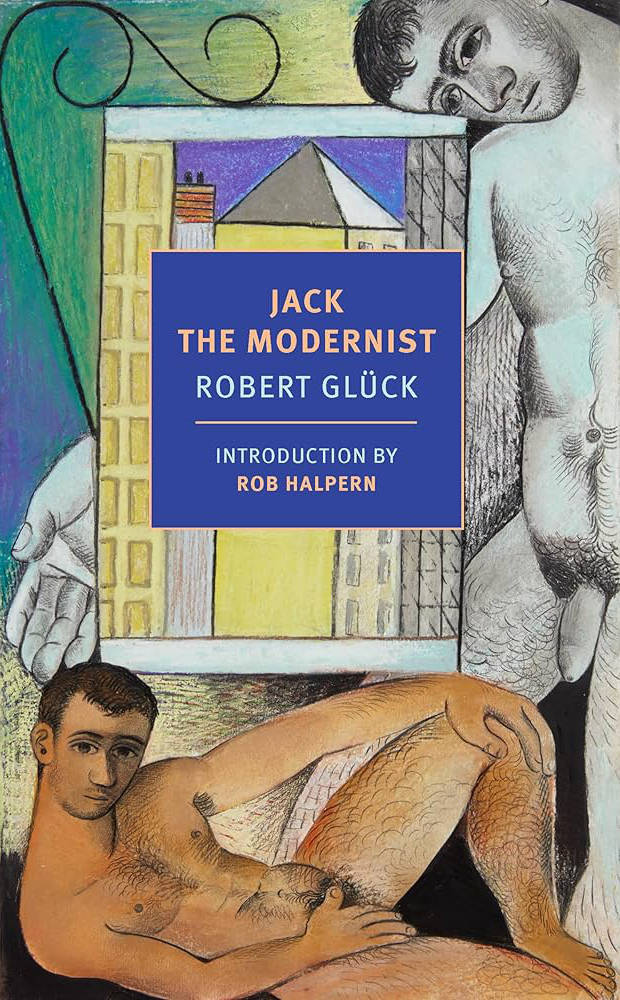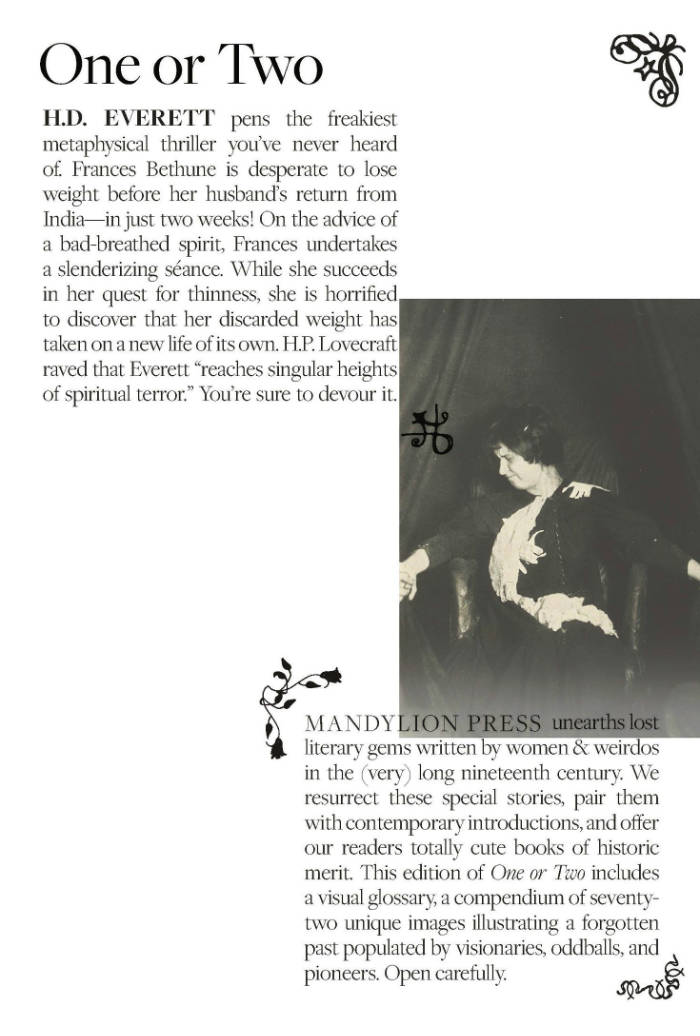
Sun of an Ignored Putrid Productivity
Bárbara Acevedo Strange, Eva Tatjana Stürmer
Sun of an Ignored Putrid Productivity is a speculative novel about the influence of artificial intelligence and accelerating technological progress on our human interactions. The dialogical script is based on personal reflections and pop-cultural, scientific and philosophical references from the beginnings of cybernetics to more recent voices. Randomly generated, constructed and quoted contents cannot be distinguished from each other. The borderline between fact and fiction becomes blurred. What is left is a flickering effect, disorientation, which reflects our perception of reality under conditions of never-ending information overflow.
Language: English




